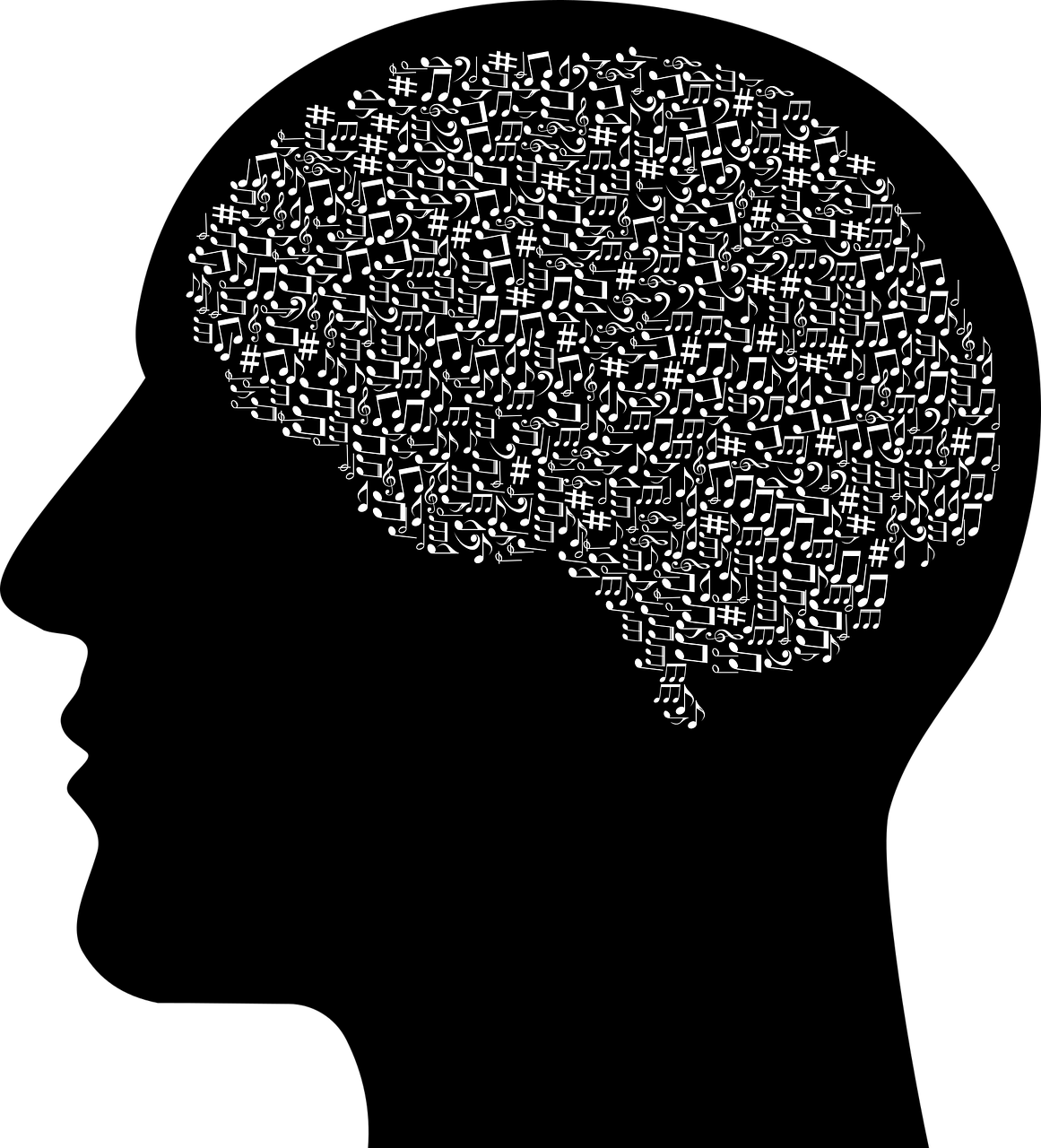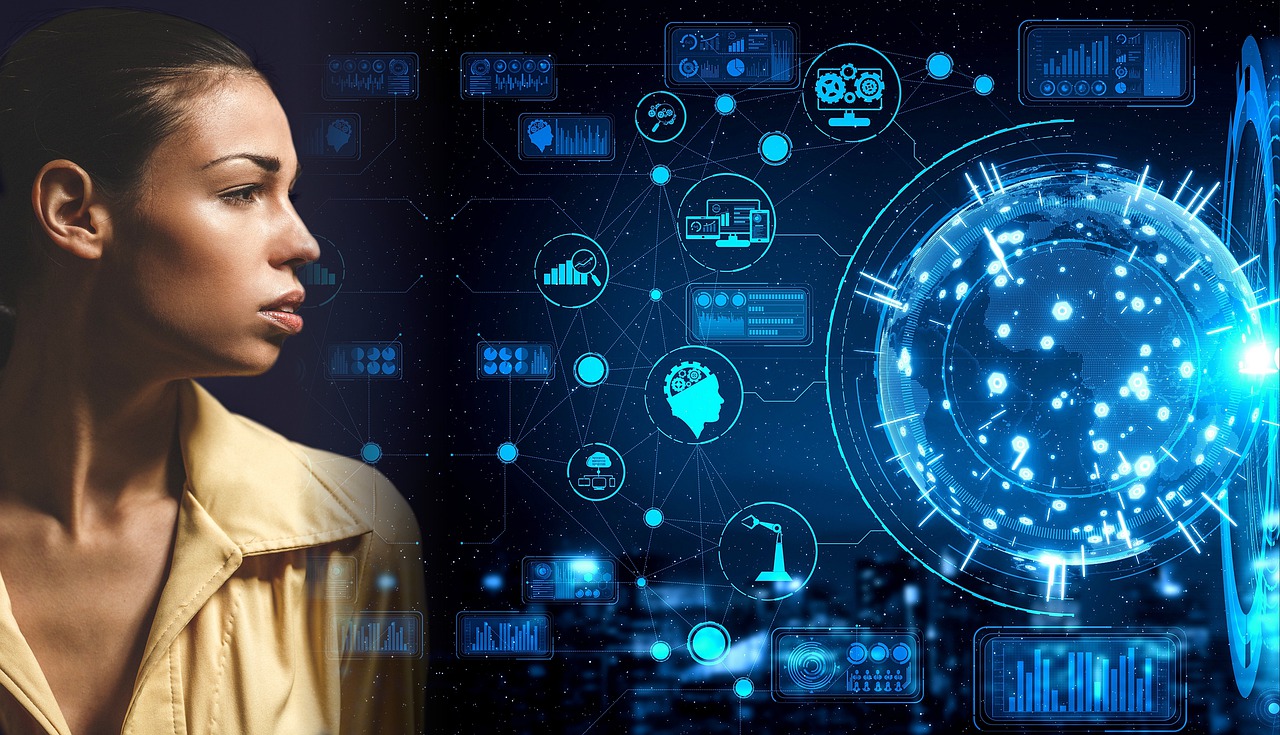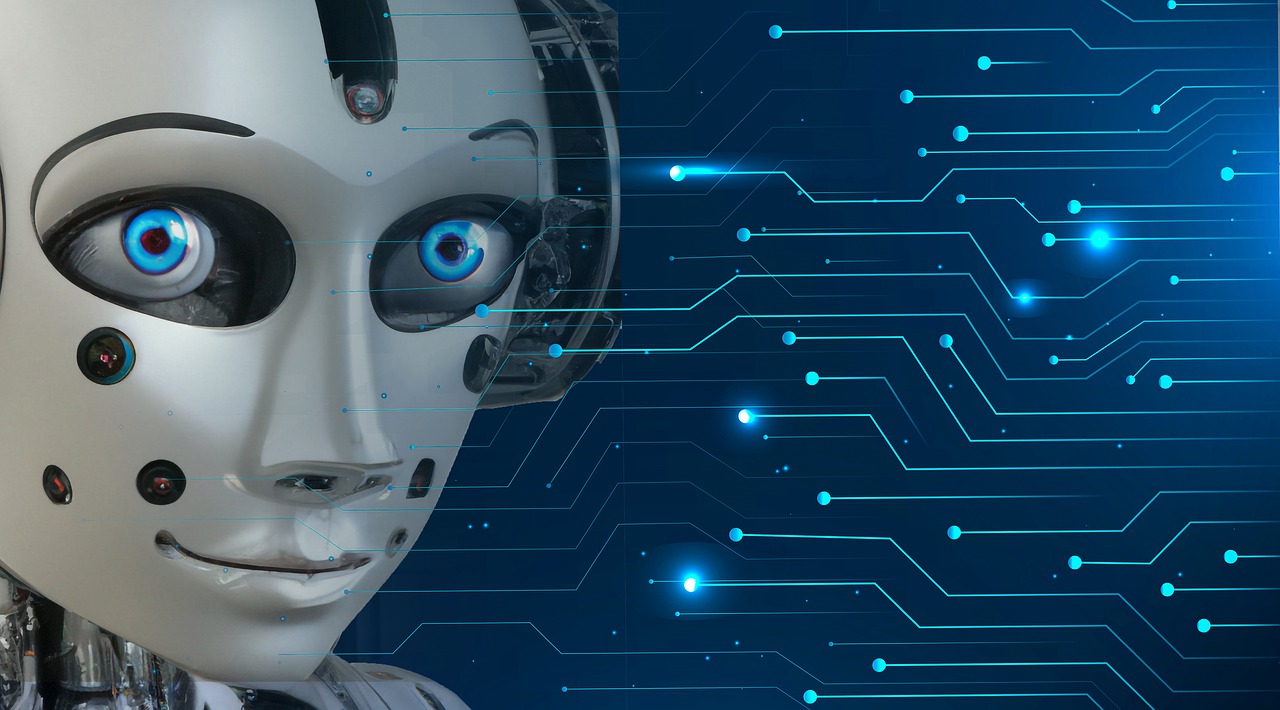Artificial intelligence (AI) is all the buzz these days. It’s not hard to see why either. After all, what could be more exciting than the prospect of a machine that can think like we do, understand human speech and language, learn, reason and even have emotions just like us? AI is coming for many sectors in the business world, but it’s particularly hot right now in technology circles. As a result, we’re going to explore the ins and outs of artificial intelligence in this article. If you already know all about AI or if you just want an overview so that you know where the search engine results are coming from and how to articulate your own personal expertise on this topic. Keep reading for more details on what AI is, how it works and its potential impact on our future.
AI and the Future of Technology
Artificial intelligence (AI) is one of those buzzwords that is popping up everywhere these days.

Here’s how it’s affecting the future of technology.
AI is the new buzzword that is expected to transform many sectors, including healthcare, financial services, transportation and more. In fact, it’s expected that AI technology will be able to automate 80 percent of all jobs in the United States by the year 2049.
But what does AI mean? Well, in simple terms, AI is the ability of machines to “think” like humans. It’s a very ambitious goal, but one that is well within our reach.
Now, AI technologies are already being used in many parts of our lives, including digital assistants that help us with our daily tasks, and self-driving cars that allow us to relax and enjoy our time on the road. But AI is expected to have a bigger impact on our society and our daily lives in the future.

For example, AI is expected to become essential in our healthcare systems, allowing us to get better and treatment quicker with the help of our digital assistants. And AI is also expected to be a major part of our transportation systems, as autonomous vehicles become a common sight on our roads.
What Is Artificial Intelligence?
Artificial Intelligence (AI) is the capacity of machines to “think” like humans. There are a host of technologies that let machines “learn” and develop skills. These include Natural Language Processing (NLP) and Machine Learning.
AI has the capacity to “see” and analyze huge amounts of data from many sources, including sensors connected to machines and the digital environment.
AI also has the ability to make decisions and “plan” for the future. For example, digital assistants can help us with our daily tasks, and self-driving cars can “plan” their route and decide if and when to change lanes.

AI can also be “intelligent” when it comes to creative activities, such as writing music, solving problems and creating art.
Advantages of Artificial Intelligence
AI has the potential to make huge improvements in areas such as healthcare and education. For example, AI can read medical records and generate personalized treatment plans based on the patient’s health history.
AI can also be used to read and analyze huge amounts of data, including student performance and the progress of their projects. This kind of data analysis can help decision-makers to spot problems and make better choices.
Artificial Intelligence can also be used to help companies improve their decision-making processes. For example, an AI system can be set up to track hundreds of business decisions and analyze the outcomes. The system can then suggest ways to make better choices, saving businesses time and money.

Disadvantages of Artificial AI
Of course, there are also some downsides associated with AI. For example, excessive reliance on technological solutions can lead to a lack of human empathy. This kind of situation can cause increased levels of stress in the society.
Overreliance on AI has also been cited as a risk factor for job loss, particularly for lower-skilled workers. Some people worry that AI is a threat to humanity. However, AI is beneficial if used responsibly and ethically.
It’s important to note that AI technology is still quite young compared to other technologies like computers, smartphones and the internet. Even so, it’s already making a huge impact on our lives. It’s important to stay up to date with the latest developments and trends.
Conclusion
Artificial intelligence is a broad term for the capacity of machines to “think” and “learn.”

This technology has the potential to make huge improvements in areas such as healthcare and education.
However, excessive reliance on technological solutions can lead to increased levels of stress and a lack of human empathy. Overreliance on AI has been cited as a risk factor for job loss and society as a whole.
It’s important to stay up to date with the latest advancements in AI technology so that you don’t fall behind your colleagues in the office. This way, you can enjoy the many advantages that come with using artificial intelligence. )
 Add Row
Add Row  Add
Add 




Write A Comment